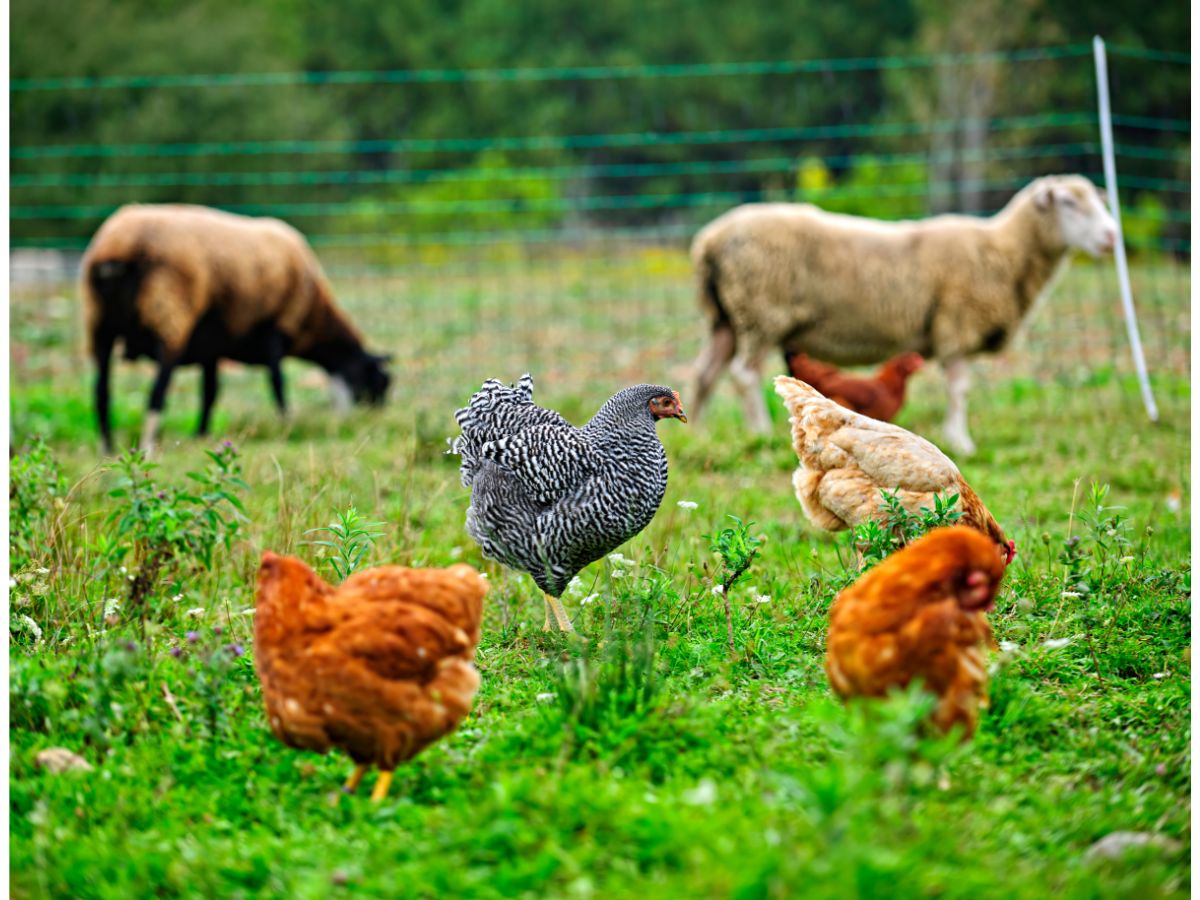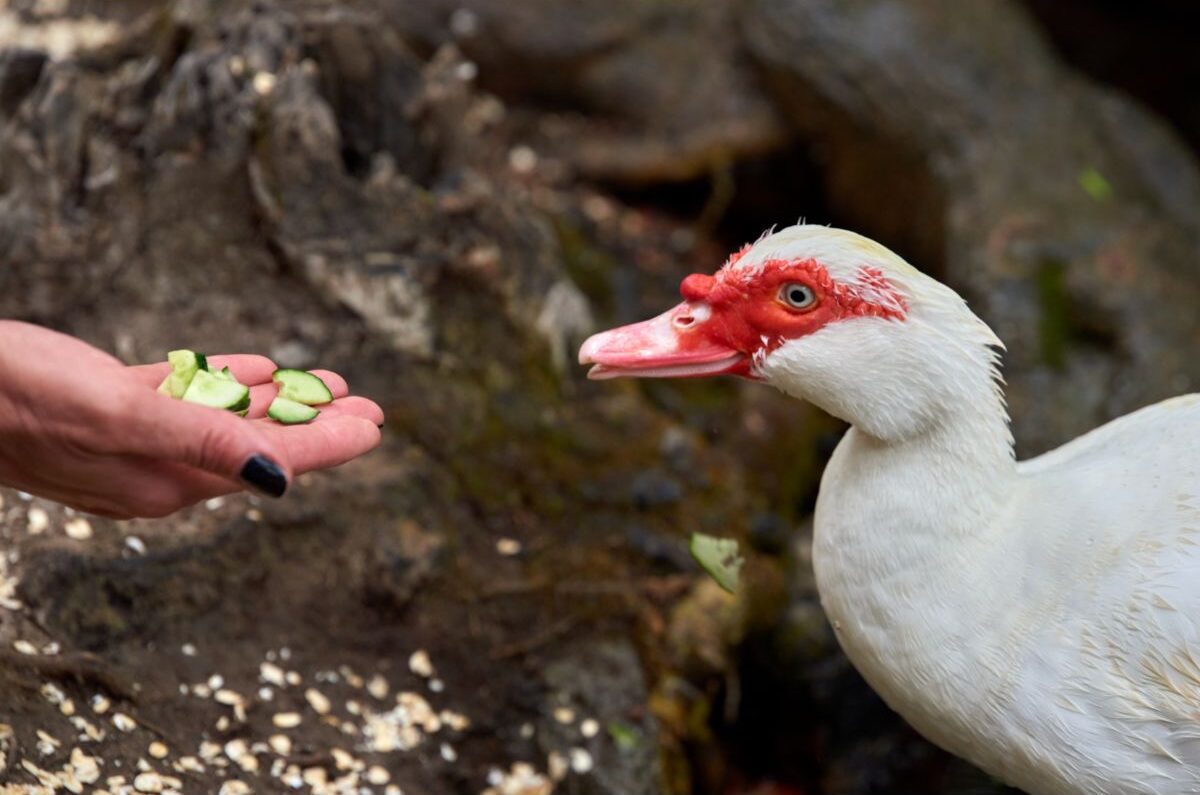Keeping backyard chickens has become an increasingly popular trend in recent years. Before investing in a flock of backyard chickens, however, there are some things you should consider first. But what are the things that you should consider before getting chickens?
Before getting chickens, there are a few things to consider, such as your local laws and regulations for keeping a flock. Realize that keeping chickens requires effort and time. Find out what care chickens require to remain healthy and ensure they have a proper coop, safe from predators.
Chickens offer benefits that other pets cannot, such as providing fresh eggs for you and your family. If you’re interested in keeping chickens but aren’t sure they’re suitable for you and your property, read on to learn more about looking after chickens.
Contents
Considerations Before Buying Chickens
Chickens are fun and interactive pets; a flock of them will add loads of character to your property. Let’s explore some critical factors before buying chickens, from the type of chicken to what care they require and everything in between.
1. Verify Your Local Laws
Before purchasing chickens, you need to check your local laws to see if you’re allowed to keep chickens. And if so, there may still be some restrictions.
- Find out if there is a limit on the number of chickens you’re allowed to keep.
- Find out if there are any restrictions on the types of chicken coops and runs you’re allowed to have before you build anything.
- Make sure you’re aware of any noise ordinances in your town.
Contact your local zoning office or animal control office. They will be able to tell you the specific chicken laws in your area and help point you in the right direction.
2. You Do Not Require A Rooster For Hens To Lay Eggs
Hens will lay eggs with and without a rooster; the eggs will just be infertile. Many choose not to have a rooster because it can be noisy and aggressive. If you decide to get roosters, you must collect eggs daily and store them in a cool location before using them to prevent the development of chicks.
3. Think About What Chickens Require
Although they are not excessively challenging to take care of, chickens require a secure area to roost and lay their eggs. You can keep chickens in a chicken tractor or a coop in your backyard.
Chickens need access to fresh water at all times. Chicken waterers should be cleaned out regularly to prevent algae growth. A simple waterer will do, or you can make your own using a bucket and PVC pipe.
Chickens also need access to food at all times. You can buy commercial chicken feed or make your own using scratch grains, kitchen scraps, and greens from your garden.
In addition to these basic needs, chickens also benefit from having some enrichment activities available. This can include perches, swings, mirrors, balls, or other small toys. Enrichment activities help keep chickens healthy and happy, and they can help prevent boredom and destructive behaviors.
4. Hens Do Not Lay All Year And Only Lay For A Few Years
Before you get overly excited about always having fresh eggs on hand, you should be aware that you probably won’t get many (or any) during the winter. Good layers typically lay eggs daily in the spring and summer, but as the days grow shorter and your hens don’t get the 14 to 16 hours of daylight they require each day to lay eggs, your egg supply will likely decrease until early spring.
The first two or three years of a chicken’s life are when they lay the most eggs, after which the production declines by 20% annually until it stops altogether. Healthy chickens, however, can live for ten years or longer.
They can still make excellent pets, but if egg production is your goal, you should prepare to add more chicks to your flock after the first few years. Remember to introduce and quarantine the new additions properly.
5. Consider Which Chicken Breed You Want To Purchase
Some breeds are better suited for egg production, while others are better for meat production. Some breeds are more cold-hardy than others, and some are more heat-tolerant.
Some breeds are more docile than others, and some are more active. When choosing which breed of chicken to get, consider your goals for keeping chickens.
There are many different breeds of chickens, each with unique characteristics. Once you know your goals, research chicken breeds to find the one that best suits your needs; consider Rhode Island Reds, Plymouth Rocks, and Australorps.
6. Find Out What Chickens Should And Should Not Eat
A balanced diet is necessary for chickens to lay fresh eggs. Baby chicks must consume a special feed that is more protein-rich and smaller in size than what adult chickens consume.
Make sure you know when to transition your chickens to each feed stage. To stay healthy and lay eggs, chickens also require supplements like grit and calcium.
Although they are omnivores and will consume a variety of foods as treats in addition to their feed, there are some foods that chickens shouldn’t consume because they pose a risk to them. Find out what they are.
7. You Must Safeguard Your Chickens From Predators
To keep your chickens safe while they forage outside the coop, you must plan, design, and construct a secure, enclosed area. Additionally, if you own animals, you should make plans to protect your chickens from them and the animals of your neighbors who might not be familiar with chickens.
8. Chickens Can Be Destructive And Noisy
Chickens can seriously damage your landscaping and lawn by scratching the grass in search of weeds, worms, and other insects. They enjoy munching on garden vegetables and nibbling on flowers.
So be aware that if you allow your chickens to free-range, your immaculate lawn won’t last very long. However, they can benefit your garden by aerating and fertilizing the soil during the off-season.
Chickens make various sounds, including clucking, squawking, peeping, crowing, singing, announcing, chirping, and warning calls. Some breeds may be more docile, but all chickens are noisy.
You may have heard that only roosters are loud, which is not true. The “egg song,” sung by all hens, is particularly loud. Some people adore hearing it, while others merely detest it.
9. Recognize The Commitment Needed Before Getting Chickens
Before you get chickens, it’s crucial to comprehend the daily operations of keeping chickens. Daily food and water, care, occasional treats and kitchen scraps, a clean coop, freedom to roam in a secure, enclosed yard, and routine health checks for common issues like ticks, fleas, lice, and worms are all necessities for keeping chickens.
As you start reading about various breeds, learning how to raise chicks, and working out problems as you go, you can anticipate spending a lot of time researching as well. To ensure a long and fruitful journey raising backyard chickens, be aware of what you’re getting into before building your coop and getting your first flock of chickens.
Conclusion
If you’re considering getting chickens, you should consider these things first. Chickens can make excellent pets and provide eggs or meat (depending on your goals) but require much time and attention. Getting chickens may be right for you if you’re ready to commit to caring for them.




